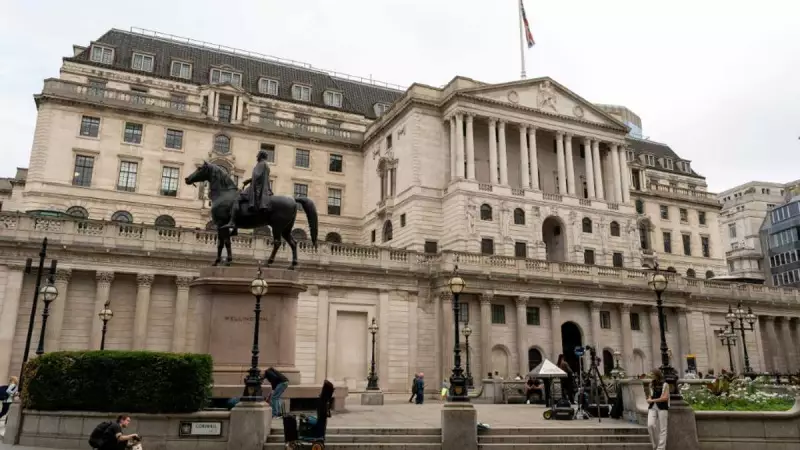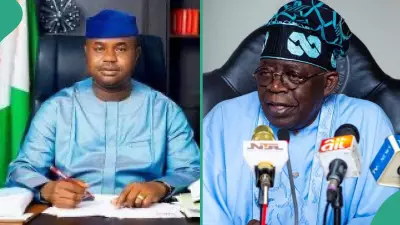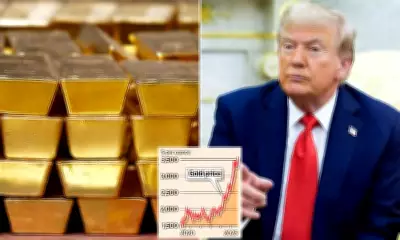
The Monetary Policy Committee of Nigeria's Central Bank is gearing up for what analysts are calling one of its most challenging rate decisions in recent memory. With the economy walking a tightrope between soaring inflation and fragile growth, all eyes are on the upcoming meeting that could determine Nigeria's economic direction for months to come.
The Inflation Conundrum
Nigeria's inflation rate continues to climb at an alarming pace, putting immense pressure on the MPC to implement aggressive monetary tightening. Food prices have skyrocketed, transportation costs have surged, and the purchasing power of ordinary Nigerians continues to erode rapidly.
Financial experts note that the persistent inflationary pressures leave the CBN with limited options. The committee must balance the need to control inflation against the risk of stifling economic growth at a time when recovery remains fragile.
Growth Concerns Loom Large
While inflation dominates headlines, economic growth indicators present equally worrying signals. Recent data suggests that aggressive rate hikes could further slow economic activity, potentially pushing the country toward stagnation.
"The MPC finds itself between the proverbial rock and a hard place," noted one Lagos-based economist. "Raise rates too aggressively and you risk killing growth; maintain the status quo and inflation could spiral out of control."
Expert Predictions Divided
Market analysts remain split on the likely outcome of the MPC meeting:
- Hawkish camp advocates for significant rate increases to anchor inflation expectations
- Moderate voices suggest smaller, measured hikes to avoid shocking the economy
- Dovish analysts argue for maintaining current rates to support growth momentum
The naira's performance in foreign exchange markets adds another layer of complexity to the decision-making process. Currency stability remains a key concern for policymakers seeking to balance multiple economic objectives.
Broader Economic Implications
Beyond the immediate rate decision, the MPC's choice will signal the CBN's broader economic strategy. Businesses await clarity on borrowing costs, investors seek direction on monetary policy stance, and consumers hope for relief from relentless price increases.
The outcome of this meeting could set the tone for Nigeria's economic management through the remainder of the year, making it one of the most closely watched monetary policy decisions in recent quarters.





